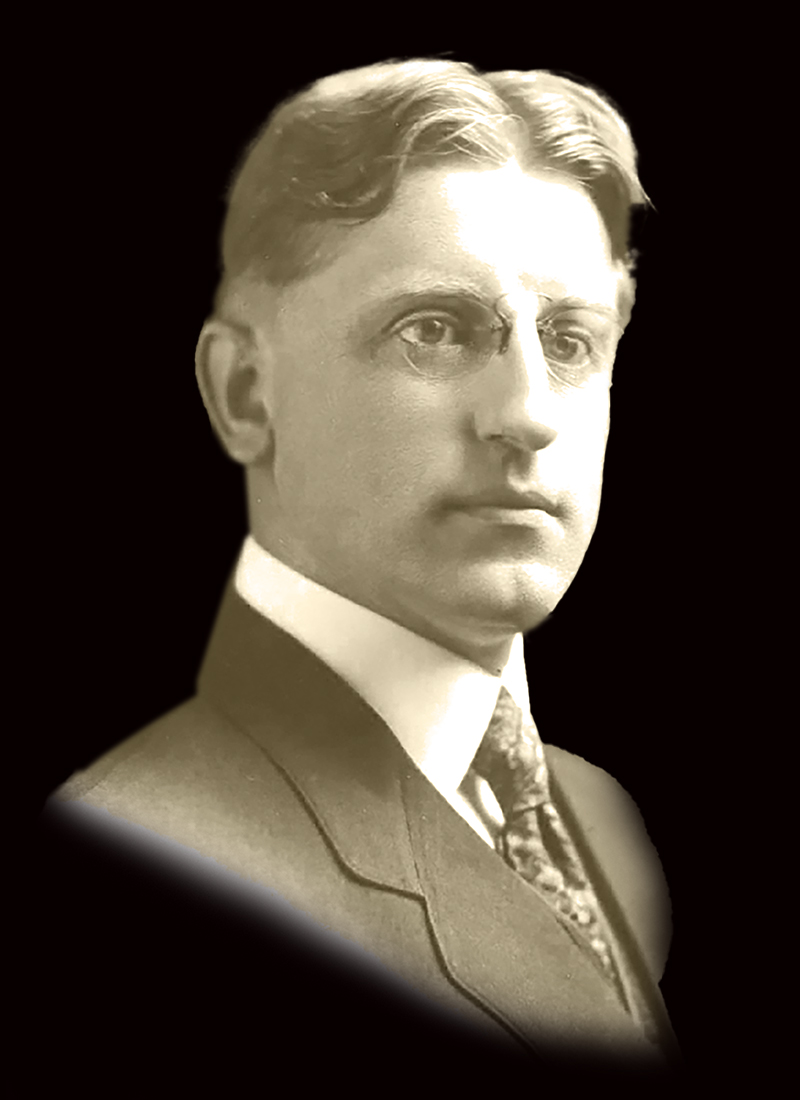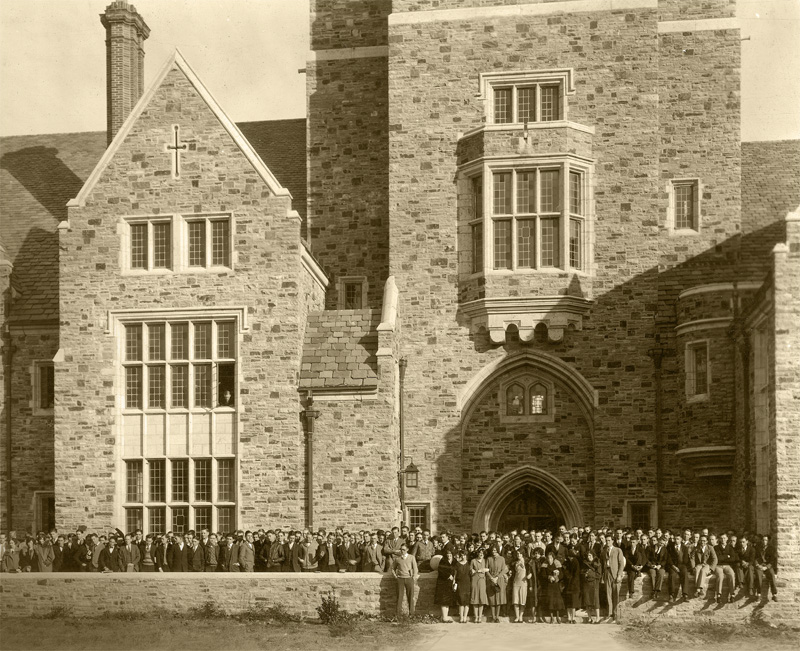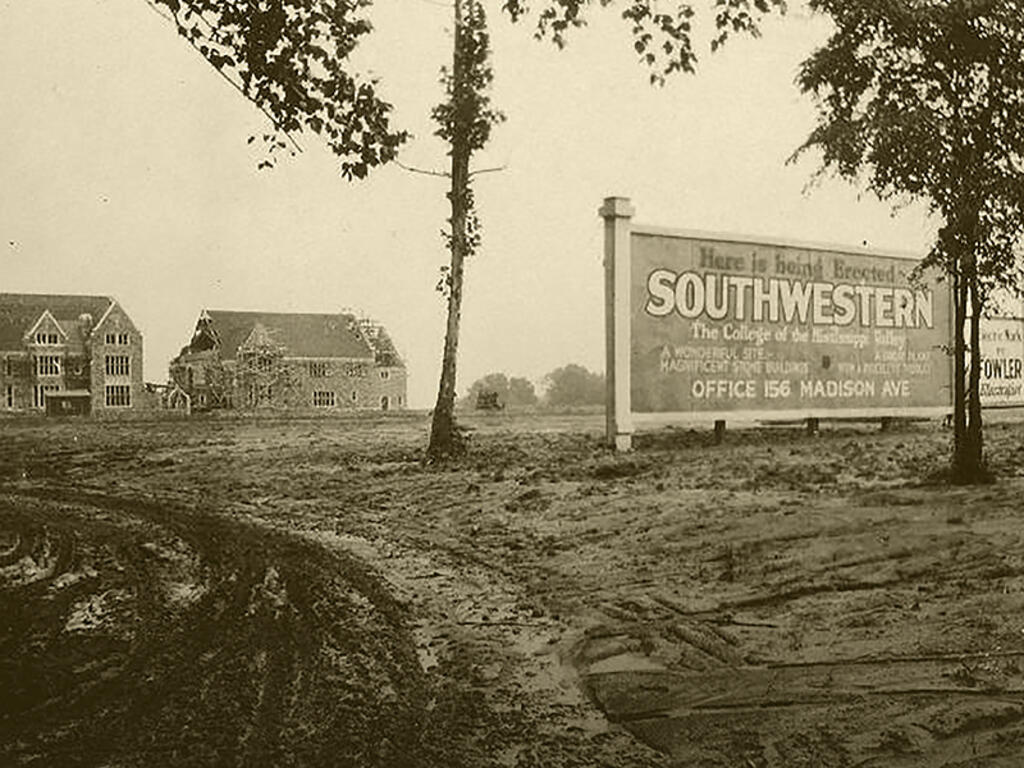
Dr. Charles Edward Diehl knew there would be resistance when he made the choice to move what was then Southwestern Presbyterian University (SPU) from Clarksville to Memphis. After shepherding the institution through World War I, his new battlefield would see clashes with residents, rotary club members, and even some of his close friends. But there was something greater at stake: a bastion of learning that could endure for generations and become an integral part of the city it would soon call home.
Diehl picked an excellent time to relocate to Memphis. In the 1920s, the city was booming: the population had grown by more than 20 percent, the famous new Peabody Hotel invited guests from afar to visit the Mid-South, the Orpheum Theatre opened its doors, the city kicked off a huge urban expansion, and Blues musicians flocked to Beale Street to hone their craft. What the city didn’t have was its very own liberal arts college.
Serendipitous for Diehl, then, that his new host city was ready to welcome a new college with open arms. Back in Clarksville, SPU hadn’t been able to find the support needed to grow and was admittedly feeling a financial strain that stretched all the way back to the American Civil War. But several of Diehl’s reforms made it an appealing option for Memphis. Women had been approved to enroll on the same terms as men in 1917, an honor code took effect the following year, and Diehl fine-tuned the curriculum to an Oxford-style approach of individualized education. The Memphis Chamber of Commerce offered to raise $500,000 to fund the move, while the Presbyterian Synods that supported SPU pledged a further $1 million to the cause. In 1925, SPU officially relocated to Memphis as Southwestern, The College of the Mississippi Valley.
One hundred years later, Rhodes College stands proud as everything Diehl envisioned when he sought the move: a world-class college, closely intertwined with its city, that continues to prioritize intellectual engagement and service to others.

